Grade 10 Health and Physical Education: Lesson 2
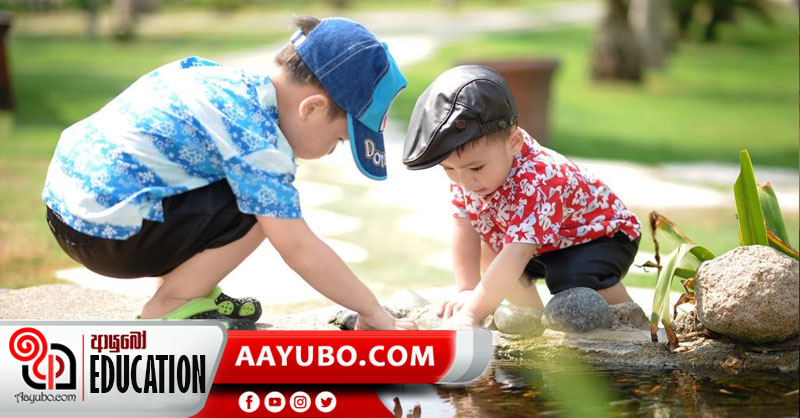
The physical and psycho-social development can be cited as two major aspects that take place through the development stages of a child. This article is focused at the stages of childhood, their needs and the means of fulfilling them.
It is important that every pregnancy is planned well. It is legally permitted for the individuals to enter in to marriage at the completion of 18 years of age. However, before she becomes a mother, it is significant that she is in the required physical and mental state. The family must be financially secure enough and stable. The marriages between blood relations who share close relationships must be avoided owing to the fact that it can cause genetic disorders in the child. A few weeks prior to pregnancy, the intake of folic acid supplements should take place by a woman, as it plays a major role in preventing the brain and spinal cord abnormalities by the child. Girls must get the rubella vaccination at the age of fifteen and it prevents the contraction of German measles. In the event that a girl has not received this or the MMR (Measles, mumps and rubella) vaccine, it is important that she gets it done three months prior to getting pregnant. It is important that a married woman plans her pregnancy properly by seeking medical advice, attending family clinics and maternity clinics appropriately. Thus, proper planning of one’s pregnancy will ensure a safe and healthy motherhood while resulting in a pregnancy without complications.
Let us now explore the five main stages of child development in detail. All these stages consist of a varied range of physical and psycho-social needs of a child.
Childhood can be divided into several stages as follows.
Prenatal Stage
This is the period where the fetus develops in the mother’s womb. This stage begins when the sperm unites with the ovum and this period ends at birth. Normally a baby is born after 280 days since its conception. During this period it is important that the mother is sufficiently stable both physically and mentally as it affects the growth of the baby. The mother must know the progress of her pregnancy and get appropriate medical advice where she will receive assistance from the public health midwife. To achieve the expected weight of a baby (2.5 kg – 3.5 kg), it’s important that the required nutrients are received from the mother where she is expected to take a balanced diet. Nutritional deficiencies will affect the embryo and its growth and it may result in conditions like premature birth or being vulnerable to infections. The mental state is important to be in a good condition, free of stress and relaxed during pregnancy and it affects the baby’s brain development.
Neonatal stage
This stage includes the first 28 days since birth where the baby gets exposed to the new environment through the mother. Breast milk supplies the nutrients that are needed for the physical growth of the baby. Breast milk that is secreted in the first few days seems thick and yellowish where it is called Colostrum that helps to safeguard the baby from infections and facilitate proper digestion. The mother also undergoes some physical and mental changes and her activities affect the psycho- social development of the baby. Thus, she should be physically and mentally healthy. Physical needs of the baby during the neonatal stage can be described under the nutritional needs, growth and protection. Nutrients received from breast milk helps the growth and boosts immunity of the baby. Proper sleep and rest are essential for the growth of the baby and the baby needs protection from cold, heat, physical injuries and infections. The psycho-social needs of the baby during this stage can be cited under love and stimulation for mental development. The baby needs love and this can be provided by cuddling and hugging the baby when breast feeding. Talking, singing lullabies, responding to their gestures and keeping them in a well lit room can stimulate their mental development. Toys or objects that make sounds can also be kept around them for this.
Infant Stage
This stage spans from the first month to the twelfth month. We can observe fast physical and mental development of the child during this period. The baby begins to adapt to the social environment. The mother is required to take nutritious food and her diet must be rich in vitamin D and calcium. She must also be in a good mental state and should spend more time with the child. The baby should receive nutrition through breast milk during the first six months and when six months are completed, complementary food can be given. Salt and sugar must be avoided during the first year and they should make the baby used to family food by the end of twelve months. Growth must be monitored where weight and height of the baby must be measured monthly and three monthly respectively. These measurements must be marked on a growth chart. Medical advice must be sought if there is a change in the growth pattern. The baby must be protected from injuries and infections by avoiding crowds and maintaining good hygienic practices. Immunization programs must be followed properly. The baby needs love and mental development stimulation as psycho-social needs. An environment full of love and peace can be created where the family members shower love towards the baby. Mental stimulation can be developed by giving them the colorful toys, pictures, talking, storytelling, singing and keeping the baby in an environment that is inculcated with various sounds that are
soothing to the ear.
Early Childhood Stage
This period spans from the first year to the fifth year of the child and this is a crucial stage where the child gains experience and learns from the environment. The required nutrition must be provided through five meals a day that includes three main meals and two snacks. This is a fast development stage and the child must gain the proper nutrients. Growth should be monitored here as well where the weight and the height must be measured three monthly. The child must be protected in many ways. The immunization programs must be followed and the child should not be kept in unhygienic surroundings. At this stage, the child requires more attention as he/she is active and are prone to cause themselves physical injuries. Personal health habits must be followed to protect the child. The child needs psycho-social needs and stimulation for mental development. The infants should receive love, kindness and compassion from their environment. The mental development can be stimulated by allowing them to
explore the environment, showcase their abilities and paying attention to them, helping them to realize the limits and supporting them to handle and control emotions. Good habits and values must be taught and they should be given the freedom to share the views and ideas. This stage requires the development of inter-personal relationships where the child is made to bond with other people who are around him or her.
Late Childhood
This stage covers the period from six years to 10 years and this is a significant period in the life of a child. This period marks the receipt of formal education by the child and he/she showcases attributes like curiosity where we should allow them to explore and give them more opportunities. This will play a major role in building up self confidence in the child. The child should get nutrition through a balanced diet. The growth must be monitored by measuring the height and weight once in four months. Here, the height must be checked against the Body Mass Index (BMI) and we should check whether he/she belongs to the appropriate range. In the event that there is an issue, we have to seek medical advice or take proper action. Protection is also a major physical need of the child at this stage and he/she can be given the knowledge in relation to injuries and directions to prevent or handle them as necessary. They can be trained in different ways while inculcating a series of skills. Here, the child can be provided with some awareness on factors that can harm them and teach them about the ways to avoid them.
The children can also be guided to be helpful towards others. The child needs constant love and kindness and we must talk to them whenever it’s possible. In the case of mental stimulation, they can be provided with directions in relation to personal hygiene, cleanliness and good health habits. They must be allowed to build sound relationships with family and friends and
the required skills must be inculcated in them. The children must be allowed to explore and get experience from several activities. They need appreciation and it plays a major role in building their self-esteem and confidence. We can encourage them to engage themselves in hobbies and be creative while spending their leisure time meaningfully. Team building events that happen in groups are a good opportunity for them to build up their soft skills from an earlier stage and we can encourage them to develop the social and psychological skills through them.
Thus, it should be noted that the required physical and psycho-social needs must be provided at every stage of child development and it will contribute towards bringing up a child who is healthy, talented and confident where he/she will one day turn out to be a good citizen and an asset to the society.
by Mekhala Egodawele
Photo source : Internet
769 Views
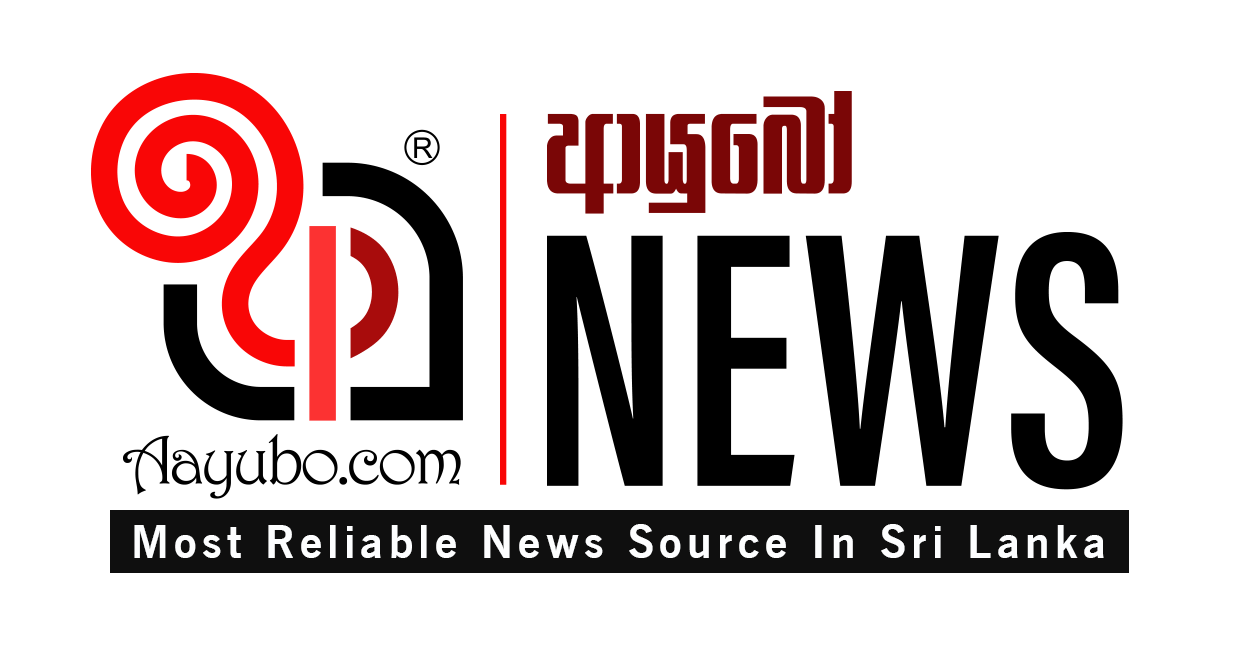

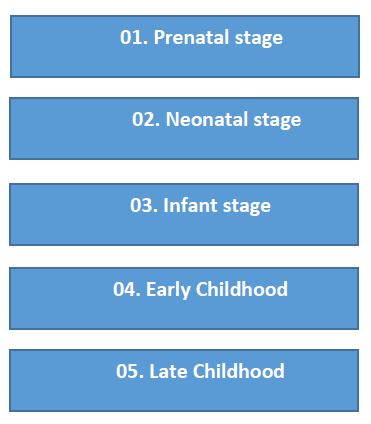
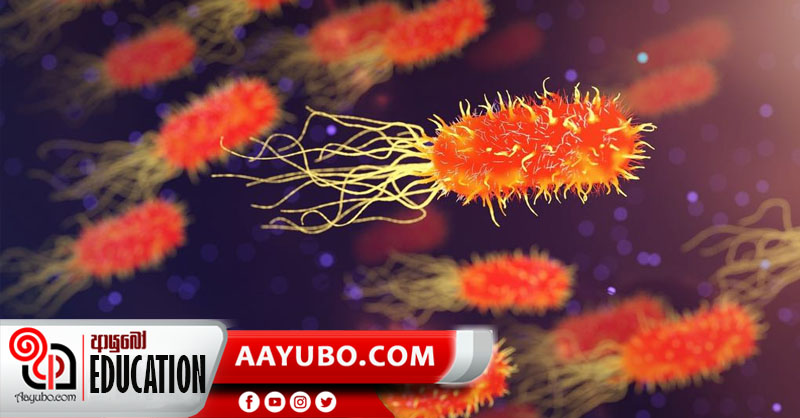
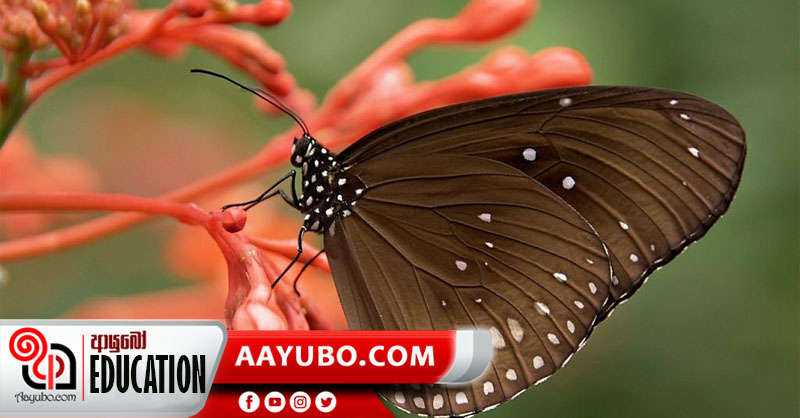



Comments